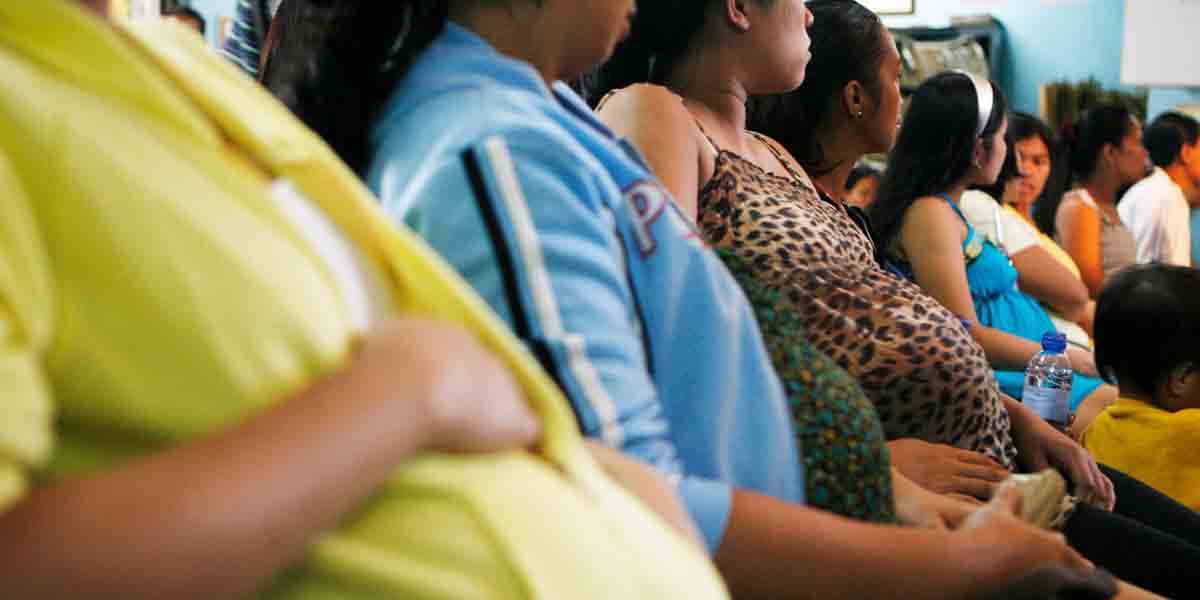By Institute of Contemporary Economics
Right off the bat, we would like to make clear that the Institute advocates for and promotes the protection of our small fisherfolk and our coastal communities. That is not, however, the point of this post. The collective and justified indignation by our communities and “responsible” government agencies has spawned a lot of red herrings most of which get us no closer to making things right for our fisherfolk.
First, one of the main targets of this indignation is the Supreme Court for supposedly “affirming” the Malabon Regional Trial Court decision to allow commercial fishing within municipal waters. A careful appreciation of the decision by the First Division of the Supreme Court leads one to understand that the Supreme Court did not so much “affirm” the decision as throw out the petition filed by the Office of the Solicitor General on behalf of the Bureau of Fisheries and Aquatic Resources/DA (BFAR-DA).
The Supreme Court decision essentially assailed the BFAR-DA for failing to file an appeal in response to the original Regional Trial Court decision on time and second, for basing their appeal on policy considerations rather than arguments providing the Petition for Certiorari, merit.
Second, reviewing the basis for the Regional Trial Court Decision, it is, on the whole, founded on solid ground. The decision rules that Sections 16 and 18 of the Fisheries Code of 1998 as unconstitutional saying basically that Philippine waters are natural resources owned by the State and therefore, only the National Government (and not municipal governments) can regulate its use. It is an interpretation of the Constitution by a Regional Trial Court Judge and is well within his mandate. BFAR-DA had the opportunity to challenge this ruling handed down on December 11, 2023. BFAR-DA had 15 days to file its appeal but failed to do so.
The big elephant in the room of course is the Philippine Constitution. Article XIII, Section 7 states:
“The State shall protect the rights of subsistence fishermen, especially of local communities, to the preferential use of the communal marine and fishing resources, both inland and offshore. It shall provide support to such fishermen through appropriate technology and research, adequate financial, production, and marketing assistance, and other services. The State shall also protect, develop, and conserve such resources. The protection shall extend to offshore fishing grounds of subsistence fishermen against foreign intrusion. Fishworkers shall receive a just share from their labor in the utilization of marine and fishing resources.”
Note the use of the word “preferential” in the first sentence. And therein lies the problem and maybe, the resolution. Preferential is not “exclusive”. The use of that word should not be ignored in this discussion.
The ultimate culprit is not the Supreme Court, the Malabon Regional Trial Court, or, in the big scheme of things, BFAR-DA. The problem ultimately lies with the Constitution.
Any action to address this social injustice does not have to totally depend on amending the Constitution (although it would help in this matter). One approach would be to interpret the word “preferential” as liberally as possible in favor of our small fisherfolk. This might be by taxing and/or charging fishing rights fees to make it less economical for commercial fishing vessels to fish in “municipal” waters. Other ideas along this line are likely available to protect our small fisherfolk without a perceived or real question of constitutionality.
It is always advisable to look at the fine print of an adverse event to determine the most feasible and eventually, workable solutions to these events. Attacking the messenger is seldom it.
The Institute of Contemporary Economics is a multi-disciplinary think tank which aims to be a credible thought leader in the policy-making space. It seeks to promote a vibrant and sustainable economic environment particularly in Western Visayas. This underlies a belief that a strong and healthy economy is a pre-requisite to uplifting the lives of our people. As a think tank, the Institute is an organization that uses specialized knowledge to report on and perform research on a wide variety of subjects. It advocates for necessary interventions by using our research to influence public opinion and policymakers. Analytical reports produced by the Institute will play an influential role in helping decision-makers craft major policy agendas.
























